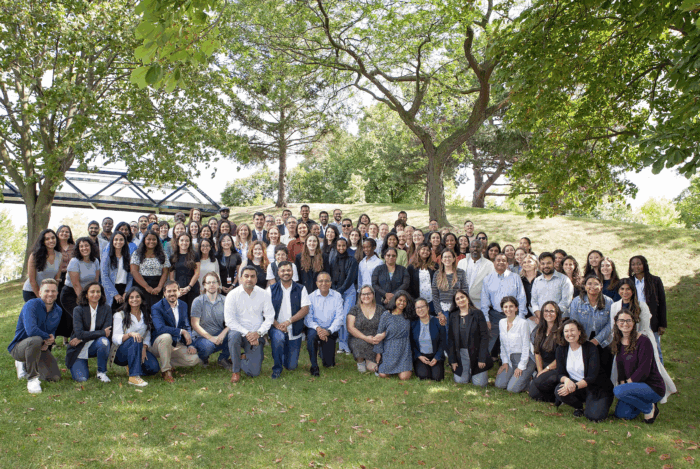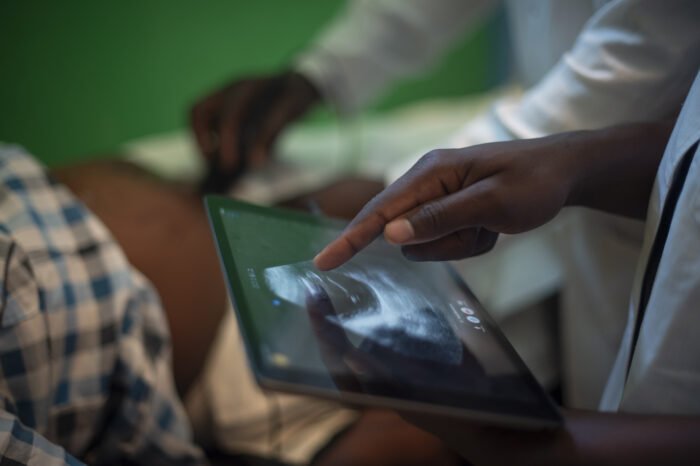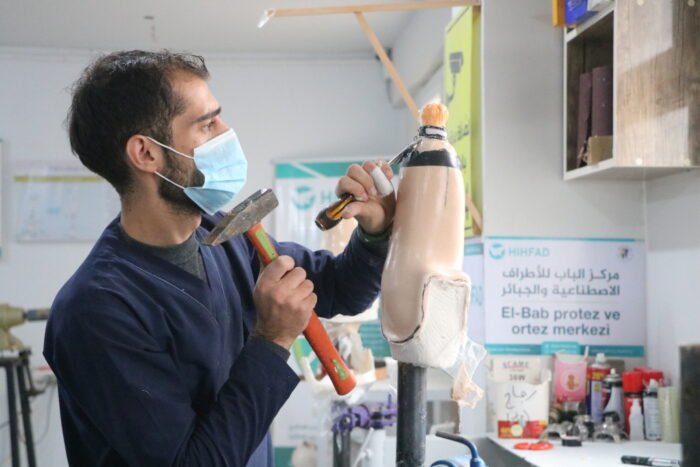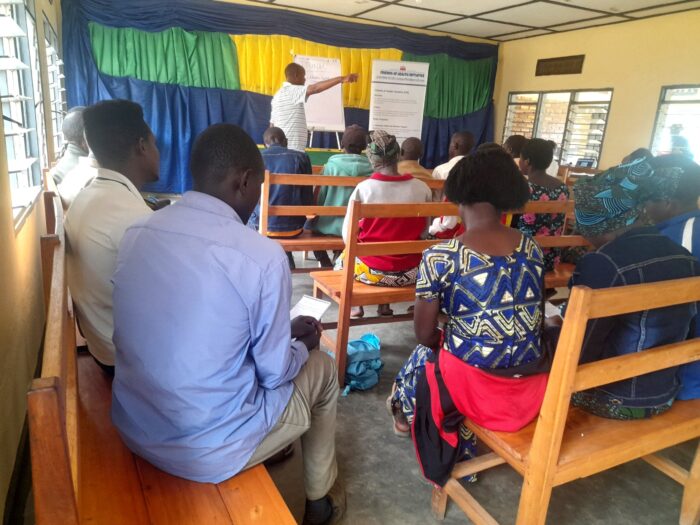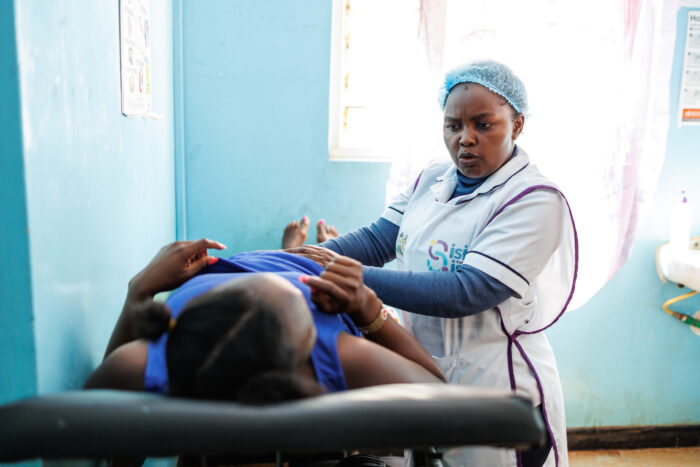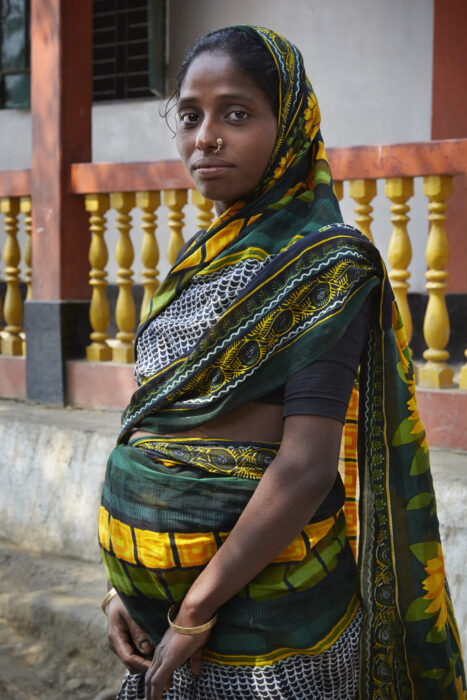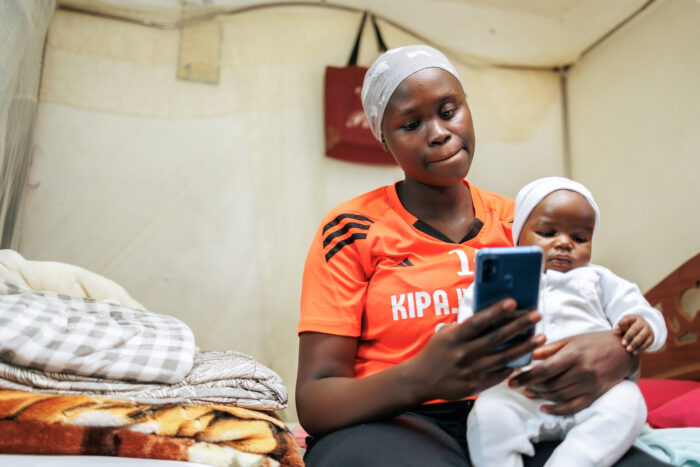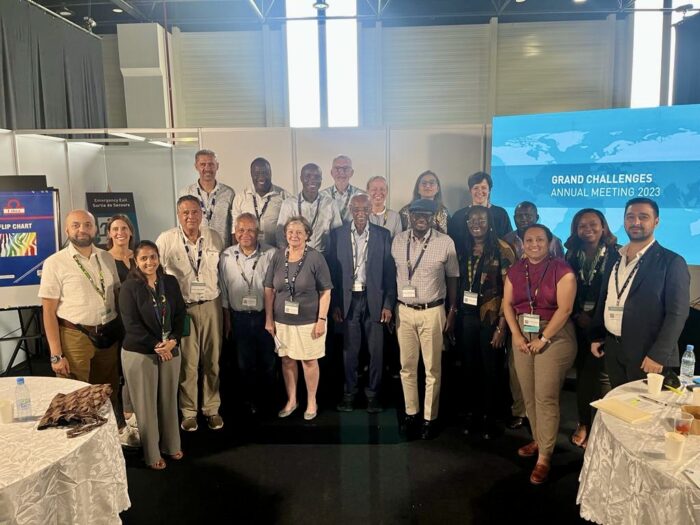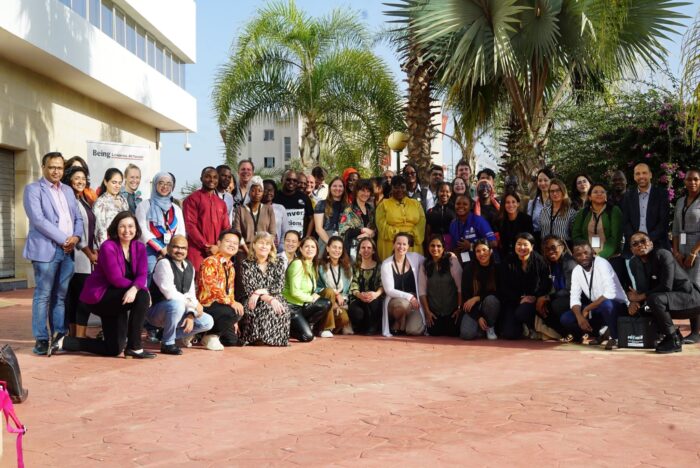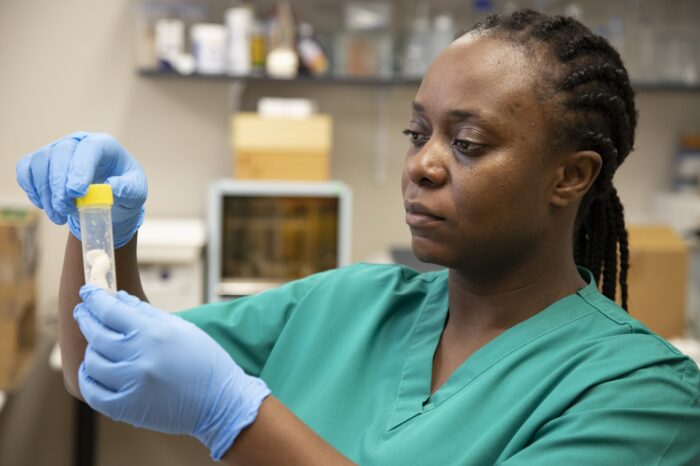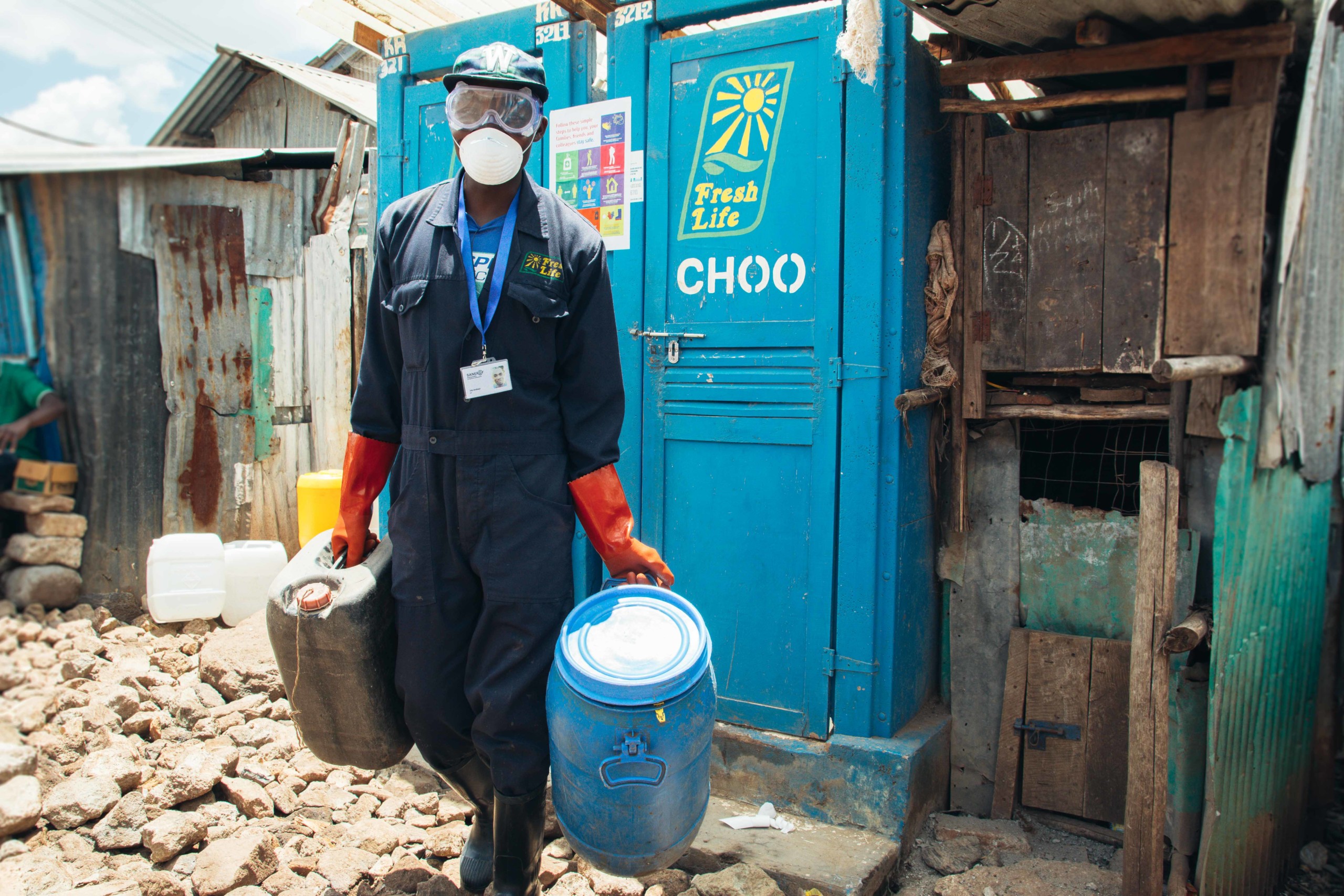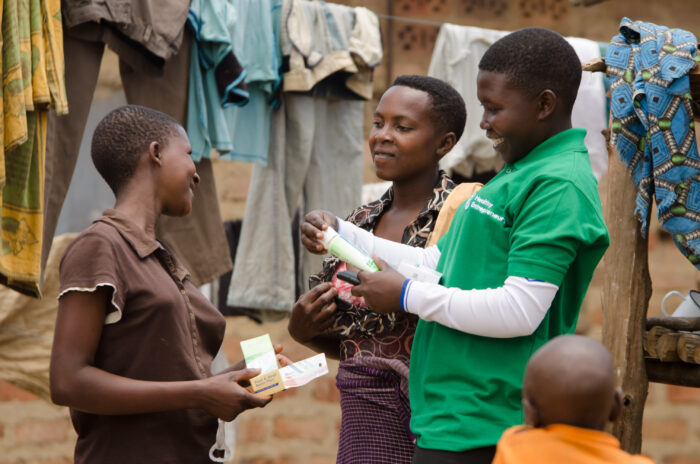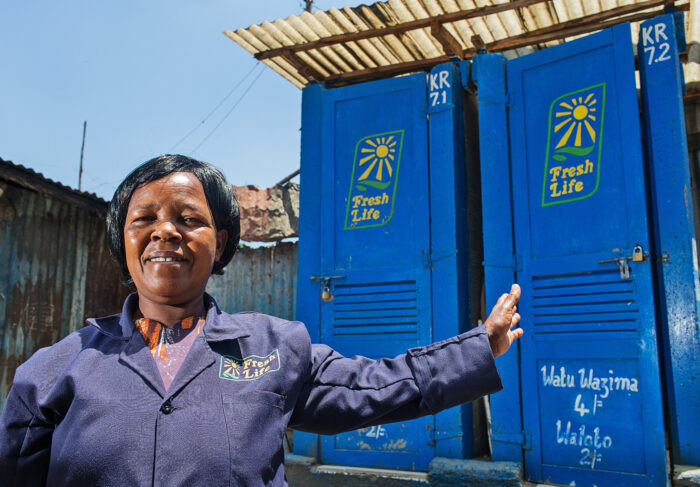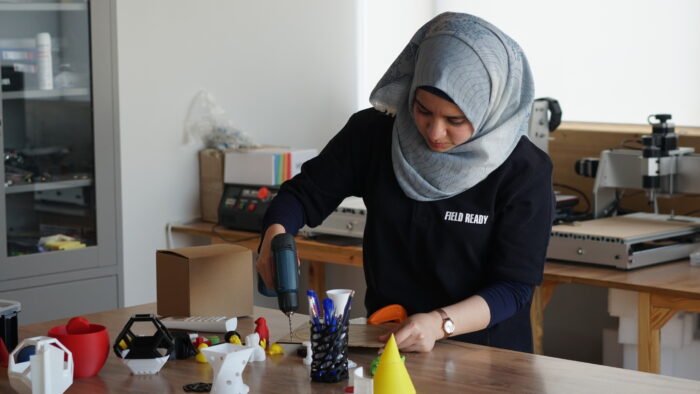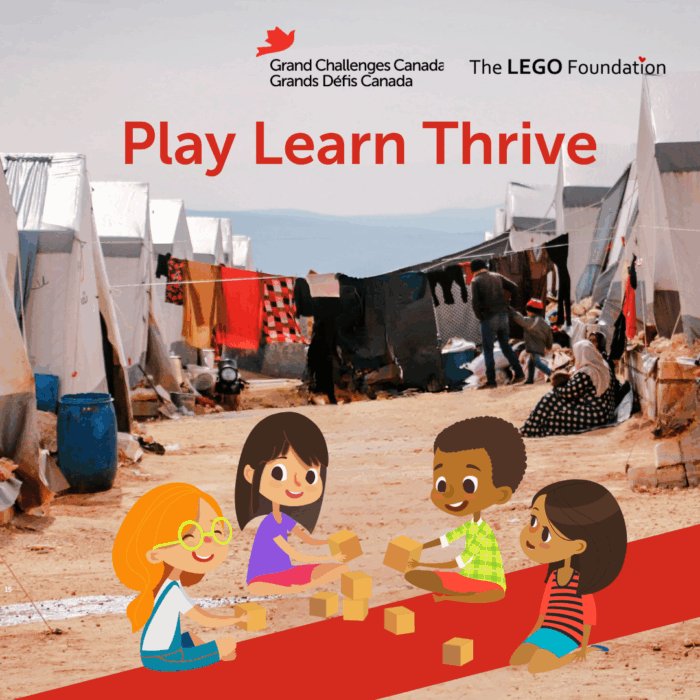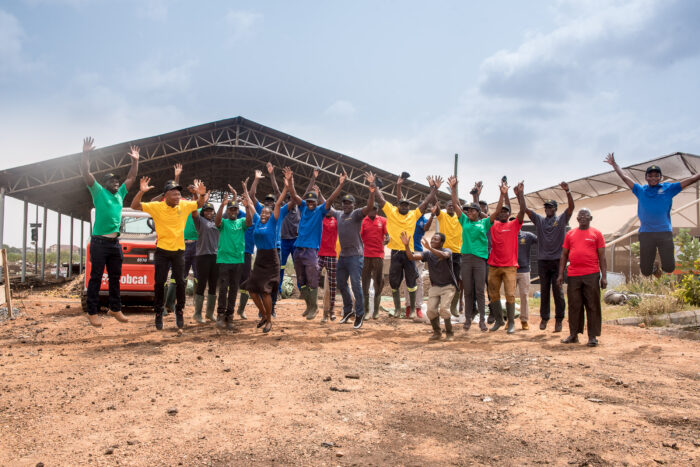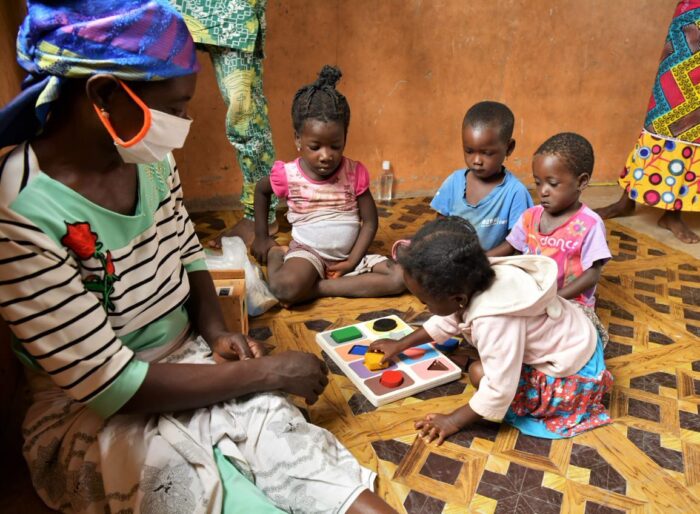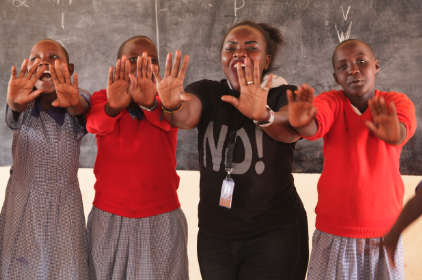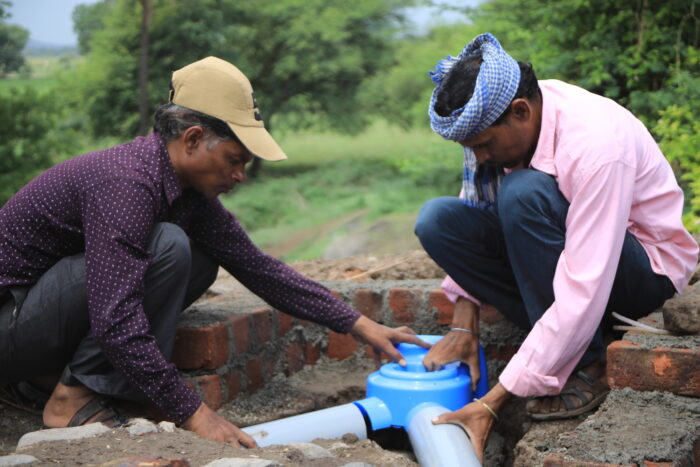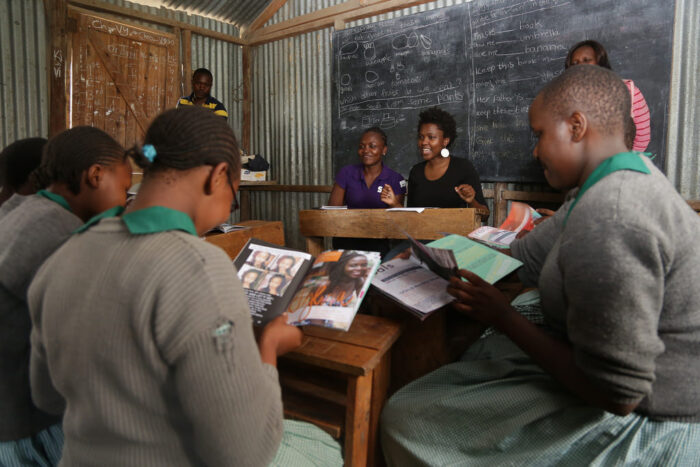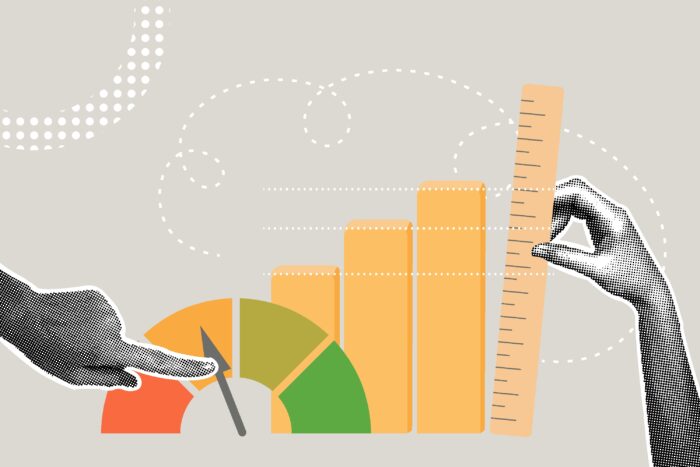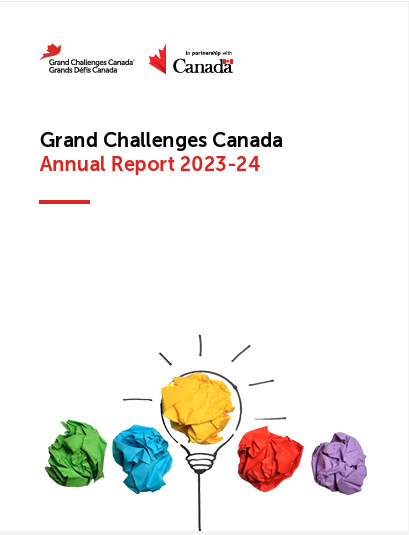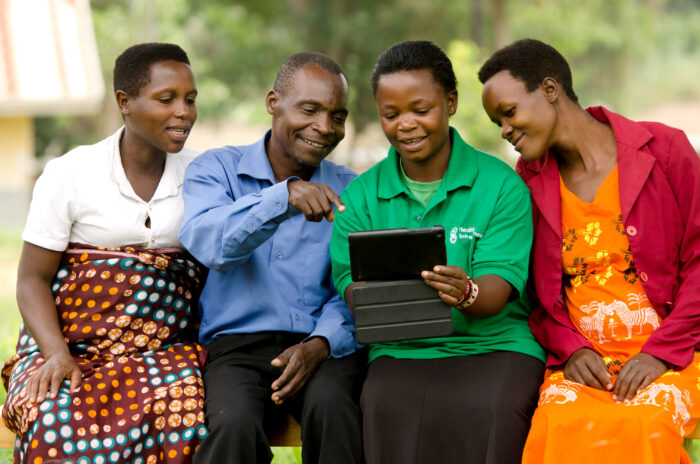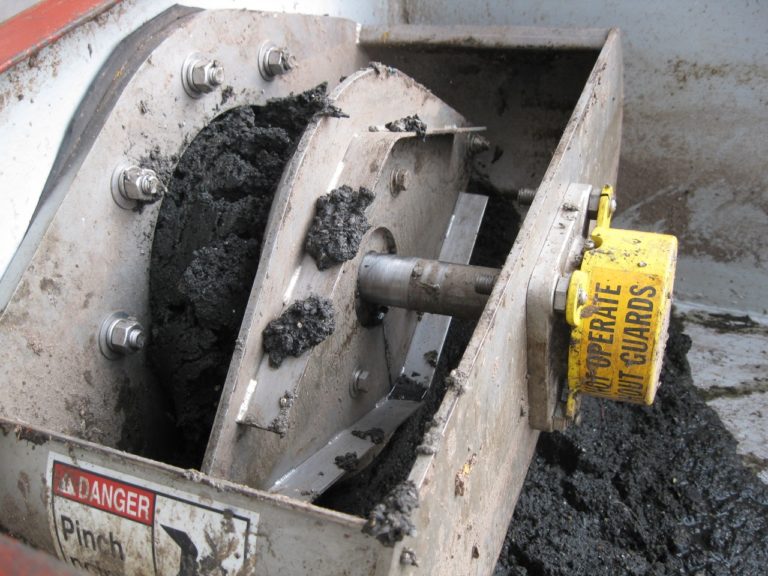Alyse Schrecongost is an Independent Water, Sanitation and Health Consultant, and was most recently a Program Officer for the Bill & Melinda Gates Foundation’s “Toilet Team”. Sam Parker is Director of Shell Foundation and former CEO of Water and Sanitation for the Urban Poor (WSUP).
A good toilet is hard to find.
This is especially true for women and children in the world’s rapidly growing urban settlements or “slums” where sewer networks are missing, and latrines—when they are available—fill up fast.
In Kigali, Rwanda an estimated 700,000 of the city’s 1.2 million residents live in informal settlements; this is not unlike many African country capitals struggling to cope with rapid urbanization. These communities are unlikely to be served by traditional sewers given the associated capital expenses, water, and energy demands to make them work.
Kigali’s residents know that investing in a household latrine brings their family dignity, personal safety and comfort. In Kigali and around the world, markets, promotions, and programs are starting to help residents invest in the “seats” they need and want for their families. Ensuring these toilets remain safe and functional, however, is a much bigger, more complex challenge that households cannot address by themselves.
When urban pits fill up, toilets can’t be used. Space constraints in urban areas don’t allow households to just dig a new pit. Full pits have to be emptied. And that waste has to go somewhere.
In most cases, waste is emptied by hand (with shovels, buckets, or in best-case scenarios manually-operated tools like ‘gulpers’, ‘gobblers’, or ‘rammers’). This is expensive for households. It is unimaginably dangerous and degrading for workers. Treatment sites—if they exist—are too far away and don’t always function. So, where does the fecal waste go?
A global examination of waste flows, city by city, shows that almost all emptied toilet waste in developing countries is dumped illegally and unsafely right back into low-income communities – typically in open drains or shallow pits. It floods, or is tracked, by shoes, flies, and other pests right back into the same homes that are finally enjoying the dignity of household toilets.
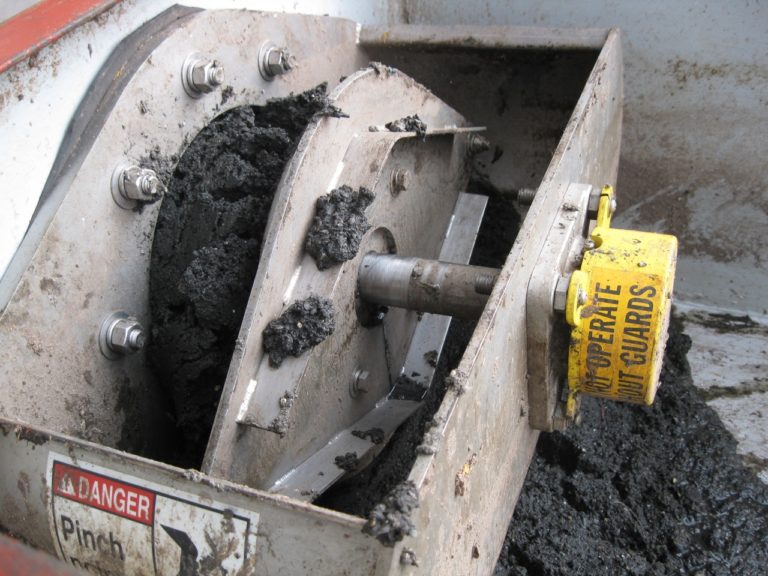
Sludge cake coming out of Pivot’s dewatering machine. Dewatered cake is then brought to Pivot’s greenhouses to dry under the sun.
What does this mean for women and children?
The health of the urban poor, women, and children are disproportionately harmed by exposure to contamination from unmanaged toilet waste. Tragically, UNICEF estimates that the health and lives of more than half the world’s children are threatened by illnesses related to regular exposure to pathogens from human waste.
Let that sink in for a minute. That means that half the kids on the global playground risk debilitating illness from unsafely managed sanitation. As many as 760,000 children under the age of five die from diarrheal disease every year – the second leading cause of death in children under five.
How is that possible? Children tend to be the most exposed to contamination through play and poor hygiene, too often resulting in disease. On average, these children experience diarrhea 4-5 times a year, stripping their ability to absorb nutrients from food, benefit properly from vaccines, and resist future infections. This can lead to the lifelong repercussions like physical and mental stunting.
Children weakened by repeated cases of diarrhea also face higher mortality rates from opportunistic diseases like acute respiratory infections (ARIs). ARIs and diarrhea together account for two-thirds of all child deaths worldwide. Millions of other children are made sick, weakened, or disabled by other water and sanitation-related threats including cholera, trachoma, schistosomiasis, and worm infections.
For women, the impacts are both direct and indirect. In addition to pervasive diarrheal incidents, about 44 million pregnant women have sanitation-related hookworm infections. Caring for sick infants and children adds to the already heavy mental health strain and physical workload of women and girls. Lost schooling and income follow suit.
So, while families are increasingly able to invest in seats for their households, they are still unable to protect their loved ones from the health hazards of inadequate sanitation because cities are not yet facilitating proper management of the pathogenic waste from those toilets.
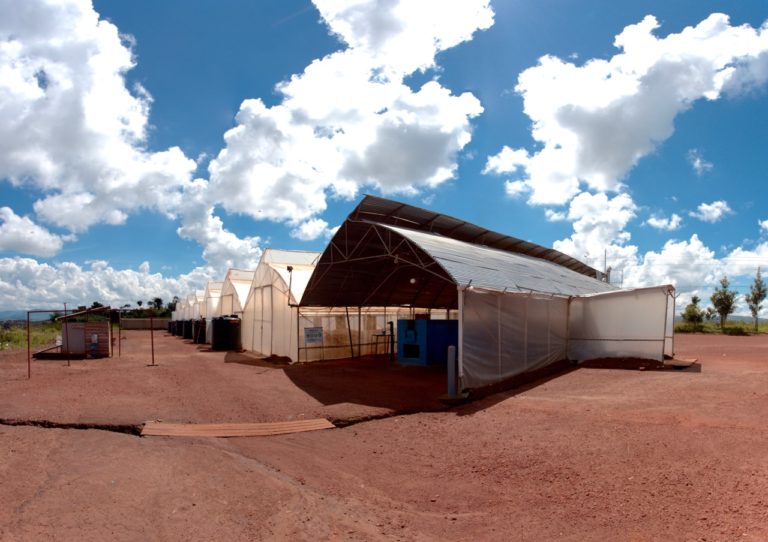
The greenhouse and thermal dryer bay at the Pivot Works plant. After solar drying, the fuel is run through the thermal dryer for additional moisture removal and sanitization.
So, what can be done?
The answer is still being worked out. The city of Kigali is developing a sanitation plan to incorporate safe waste management for on-site systems in formal and informal communities. It is among a small number of urban authorities in sub-Saharan Africa seeking to tackle this challenge.
Technology and business innovations are emerging that promise to help cities like Kigali address the tremendous health threat. A new company called Pivot, supported by a number of partners including Grand Challenges Canada, is re-conceiving “waste treatment” by converting human waste into renewable fuel and selling it to industrial customers like cement companies. The unique waste processing technology and the revenue from fuel sales can slash untenable energy bills for waste water treatment and may entirely cover the operation and maintenance costs of sludge processing.
What’s even more promising is the resulting realignment of incentives around treatment. Normally, increasing the collection of latrine waste increases a city’s treatment costs. Pivot’s economies of scale in fuel production mean that Kigali will face reduced costs as more waste from toilets in poor communities makes it to the processing plant. In doing so, Pivot is shifting the cost burden of sanitation away from poor urban citizens.
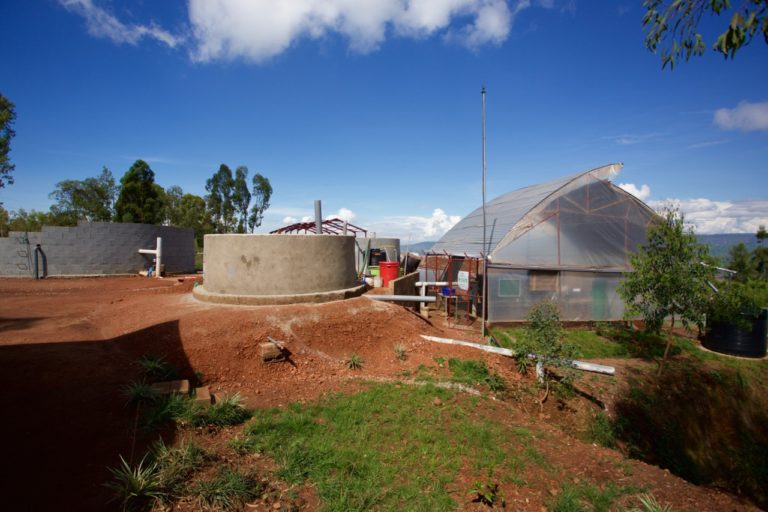
From left to right, the fecal sludge receiving tank, flocculation tanks, and mechanical dewatering system at the Pivot Works plant.
Advancing a global movement
Grand Challenges Canada and Shell Foundation strongly support the United Nations’ Global Sustainable Development Goals and the United Nations Global Strategy for Women’s, Children’s and Adolescents’ Health. These strategies emphasize that women and children need more than just seats – they need safe sanitation.
A number of Global Goals are linked to water and sanitation. Sustainable Development Goal 6 is dedicated to water and sanitation, clarifying in its targets that toilet waste must be “safely managed.” Achieving Goal 6 advances Goals on health, gender, inequality, climate and others.
The UN’s Global Strategy for Women’s, Children’s and Adolescents’ Health Initiative, “Survive, Thrive, and Transform” specifically calls for using business models and expertise to create scalable sustainable sanitation interventions that improve health.
Funded by the Government of Canada and dedicated to supporting Bold Ideas with Big Impact® in global health, Grand Challenges Canada is working a wide range of partners to rethink how these goals can be achieved. To date, Grand Challenges Canada has invested over $10.7 million CAD in 33 sanitation innovations and enterprises, including $5.6 million CAD in innovations transitioning to scale, to ensure women and girls have safe, clean toilets that they can use – and keep using.
Shell Foundation, an independent charity that co-creates and scales pioneering enterprises that improve access to modern energy products and services, backs the call for cities to provide integrated sanitation systems that deliver health benefits. Through its support for Factor(E), an early stage venture development firm, co-created with Colorado State University, Shell Foundation is providing early-stage, disruptive, waste-to-energy entrepreneurs with a unique blend of risk capital, world class technical resources and hands-on business support to test their technologies and accelerate the growth of their businesses. This includes providing critical support to game-changing start-ups like Pivot.
Every woman and child should be able to use a toilet that protects their dignity and their health. Through collaboration and support, we can help cities provide “more than just seats”.
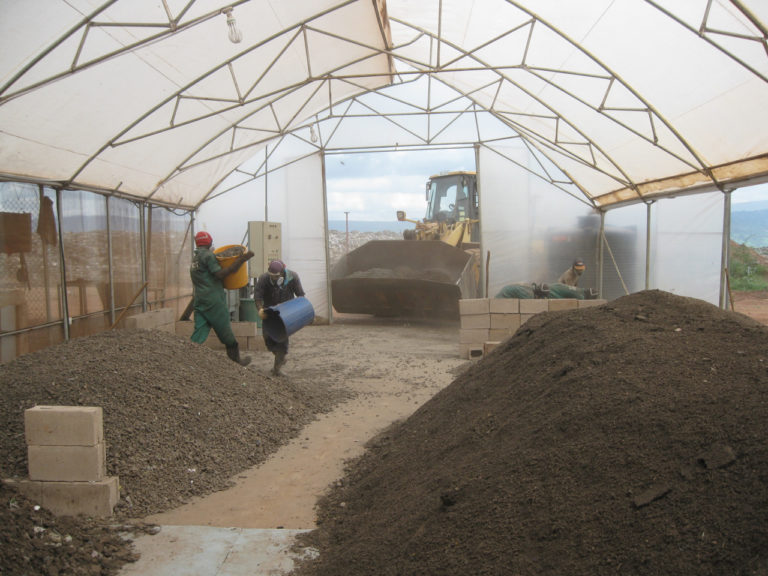
Pivot’s Site Crew loading fuel for shipment to a customer.
Learn more about Pivot at www.pivotworks.co.
Join the conversation on Twitter with #WWWeek. We encourage you to post your questions and comments about this blog post on our Facebook page Grand Challenges Canada and on Twitter @gchallenges.
